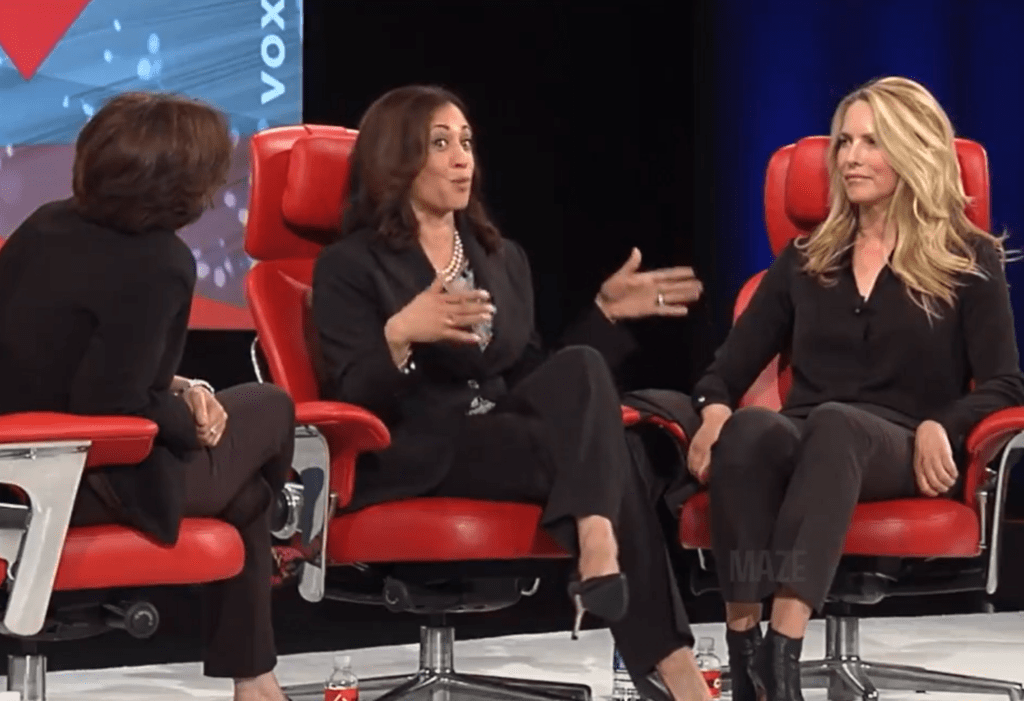The 2024 presidential race has shifted dramatically following Robert F. Kennedy Jr.’s announcement on Friday that he is suspending his independent campaign and endorsing former President Donald Trump. Kennedy’s move, which follows months of campaigning as an independent, is seen as a strategic retreat designed to unify the anti-establishment vote. While Kennedy’s campaign was considered an extreme long shot, it had garnered a dedicated following among voters dissatisfied with both major parties. With his departure from the race, his supporters are being encouraged to back Trump.
Kennedy’s withdrawal and endorsement have already had a noticeable effect on the race. A new forecast from Nate Silver with Polymarket shows a dramatic shift in the odds, with Trump now leading Vice President Kamala Harris, who has become the Democratic nominee following Joe Biden’s decision not to seek re-election. Just two weeks ago, Harris had a 56.7% chance of winning, while Trump was at 42.7%. Since Kennedy’s announcement, Trump has surged to a 52.4% chance of victory, while Harris has fallen to 47.3%.
#Latest @NateSilver538 forecast (chance of winning)
August 14
? Harris: 56.7%
? Trump: 42.7%
.
August 29
? Trump: 52.4%
? Harris: 47.3%
——
Swing States: chance of winningPennsylvania – ? Trump 52-48%
Nevada – ? Trump 52-48%
Arizona – ? Trump 60-40%
Georgia – ? Trump… https://t.co/sYNPuTSk3q pic.twitter.com/RX8BHgcu0U— InteractivePolls (@IAPolls2022) August 29, 2024
The battleground states, crucial in any election, have experienced dramatic shifts. Trump now holds narrow leads in Pennsylvania, Nevada, and Arizona. In Georgia and North Carolina, he has expanded his margins, making these states increasingly likely to turn red in November. Only Wisconsin and Michigan remain in Harris’s column, with her lead in Wisconsin now alarmingly slim.
For the Harris campaign, these developments should be deeply concerning. The vice president had hoped to build on the momentum from a well-received Democratic National Convention, but Kennedy’s exit has disrupted their plans. Harris’s team is now scrambling to adjust their strategy, focusing on shoring up support in the Midwest and trying to regain the enthusiasm that characterized the early days of her campaign.
On the other hand, the Trump camp is feeling optimistic. They view Kennedy’s endorsement as a confirmation of Trump’s position as the genuine outsider candidate—a label Kennedy himself embraced until recently. With less than three months until Election Day, the race remains highly competitive. The upcoming weeks will be crucial in determining whether this newfound alliance can sustain itself and if it will be enough to propel Trump back to the White House.
Changes were anticipated for ballots in battleground states following the end of RFK Jr.’s independent presidential campaign. In Nevada, for example, pre-dropout polls showed that Harris led Trump by less than one percent, according to FiveThirtyEight. KTNV Las Vegas reported on Wednesday that state election officials have removed RFK Jr. from the November ballot, reducing the options available to voters for president. Kennedy, who endorsed Trump after withdrawing from the race last Friday, had previously qualified for the ballot. He had also publicly clashed with Democratic Secretary of State Cisco Aguilar over allegations of not following state laws in submitting nomination petitions.
A recent poll following the Democratic National Convention (DNC) revealed significant shifts in voter sentiment as the 2024 presidential election draws near. The August Voter Omnibus Topline report by Echelon Insights highlights emerging trends that could influence the outcome of the upcoming election and potentially bring a new national leader. The poll isn’t the best news for either candidate, but especially Harris.
One of the most notable findings is the widespread dissatisfaction with the country’s direction. Only 29% of respondents believe the U.S. is on the right track, while a substantial 64% feel the nation is headed in the wrong direction. Economic concerns continue to dominate voters’ priorities as the 2024 election approaches. The poll reveals that the cost of living is the top concern for voters, with 25% citing it as their primary issue. Immigration is a close second at 14%, followed by jobs and the economy at 12%.



